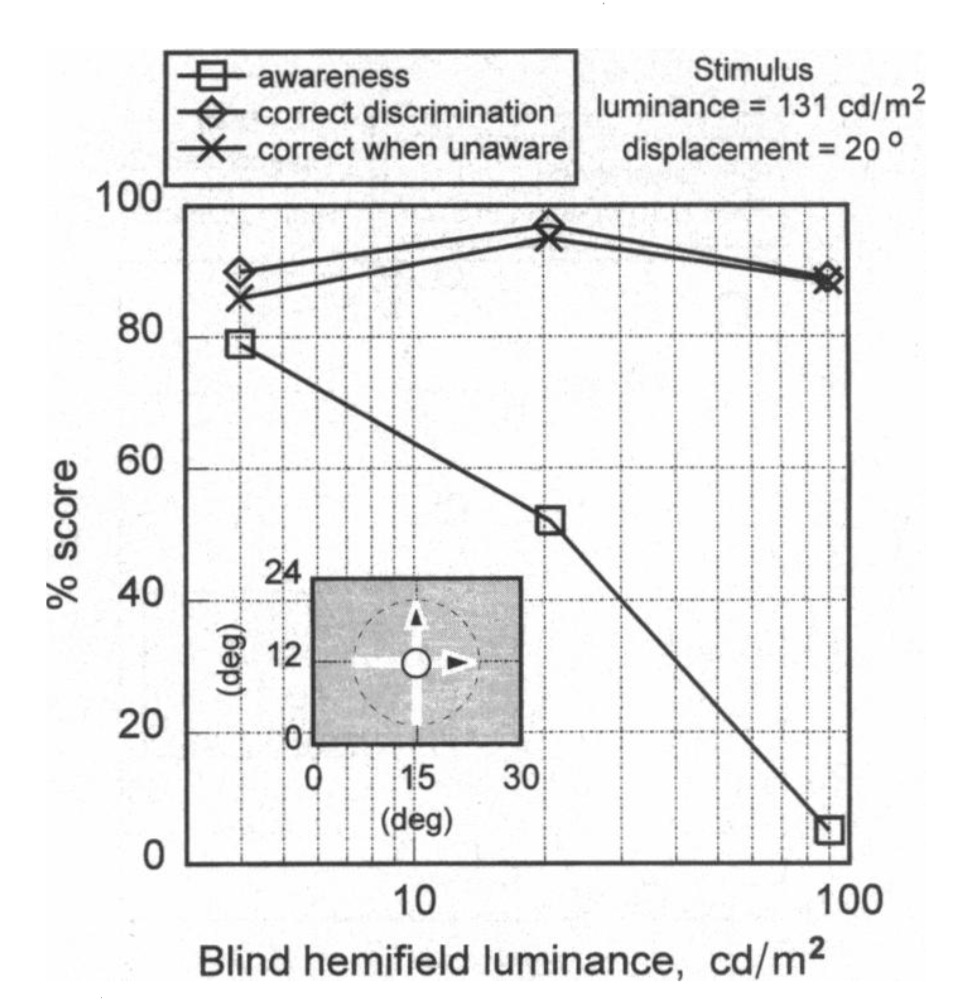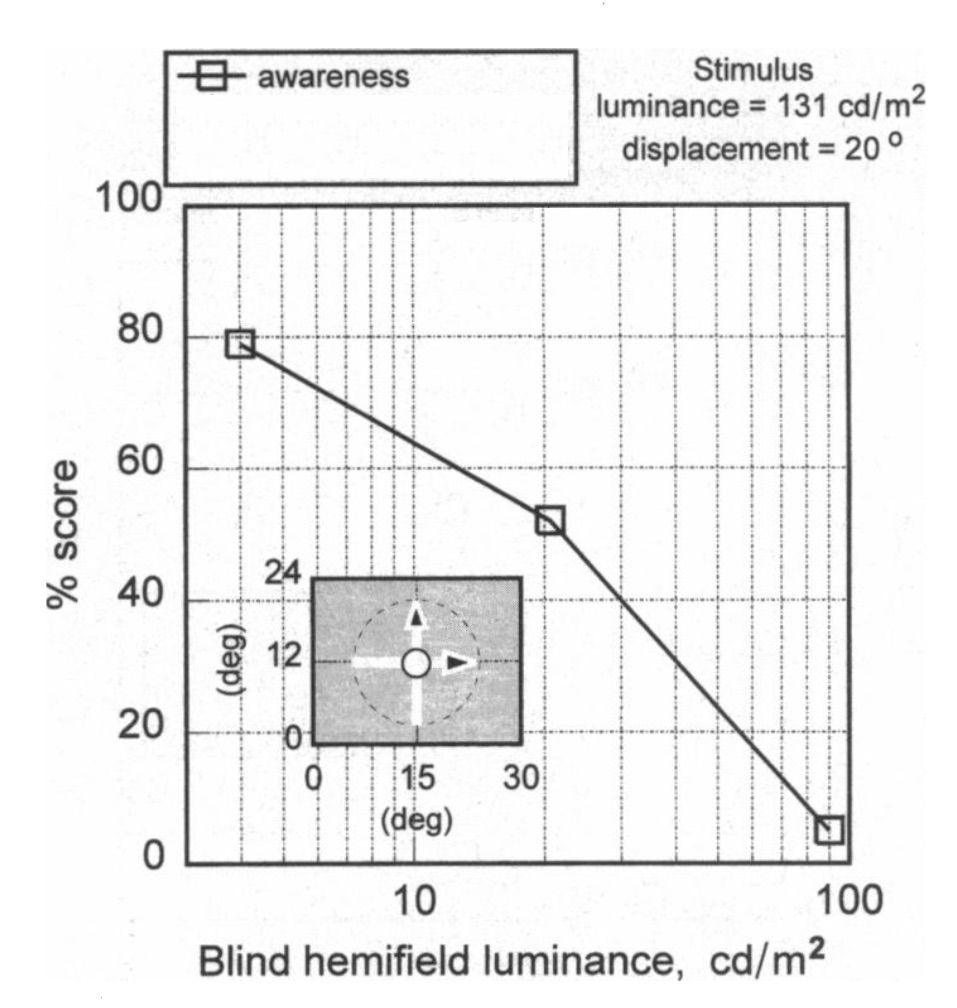Click here and press the right key for the next slide (or swipe left)
(This may not work on mobile or ipad. You can try using chrome or firefox, but even that may fail. Sorry.)
(If the slides don’t work, you can still use any direct links to recordings.)
also ...
Press the left key to go backwards (or swipe right)
Press n to toggle whether notes are shown (or add '?notes' to the url before the #)
Press m or double tap to slide thumbnails (menu)
Press ? at any time to show the keyboard shortcuts
Philosophy is done by asking questions.
Sam T
I am struggling to understand what it means to act for 'a reason'.
Does this mean that we can be perceptually aware of something as long as it is possible to invoke a physical action as a response to the information given to us?
Why are you running for the bus?
- Ayesha: Because I can get to it before it leaves.
- Beatrice: Because the driver will see my effort to catch it, take pity and wait.
Ayesha is acting for one reason, Beatrice for another.
Josh D
Could you please go into a bit more detail surrounding the difference between being conscious of an experience rather than consciously experiencing something?
Crude analogy: using a torch to see a thing vs seeing the torch itself.
consciously experiencing: I can act on the thing experienced for (justificatory) reasons
conscious of an experience: I know that I have an experience of the thing
Nischhal
Why isn't the Weiskrantz study affected by Phillips' criticism of Blindsight ?

Weiskrantz et al, 1995 figure 2
Nischhal
Why isn't the Weiskrantz study affected by Phillips' criticism of Blindsight?
Objection 1: biased vs unbiased measures
Objection 2: blindsight might be ‘abnormal and degraded, but nonetheless conscious, vision’
Doesn't the study show that there can be perception of objects in the blindsighted area, but the study doesn't report on the effect of awareness on performance?

Weiskrantz et al, 1995 figure 2

Weiskrantz et al, 1995 figure 2
Nischhal (ctd)
As the criteria for awareness is based on the subjects' report, the subject themself can be wrong on whether they are actually aware or not.
Thus we have to discount the measurement of correct discrimination when unaware, leaving us with the measurement of correct discrimination.
As such, the study can't count as evidence for perception without awareness.

Weiskrantz et al, 1995 figure 2
Nischhal (ctd)
As the criteria for awareness is based on the subjects' report, the subject themself can be wrong on whether they are actually aware or not.
Thus we have to discount the measurement of correct discrimination when unaware, leaving us with the measurement of correct discrimination.
As such, the study can't count as evidence for perception without awareness.
more questions (or refutations)?
Nischhal (q2)
On the problem with Dretske's operationalised account of perceptual awareness as not being reflected in scientific practice; wouldn't this deflate Dretske's theory of perceptual awareness back into the same problems as the subject's report of perceptual awareness? .notes: :t No, the objections are different. The problems are different. Subjects’ reports have been commonly used in operationalising awareness (although this practice now seems to be increasingly rejected).
Nischhal (q2)
With the example of the Blindsighted subject who points at the wrong lightsource in their blind area, how are we sure that there is no available reason for action? Rather than acting merely on the basis of perception; It seems to me to still be possible for the subject to have developed an internal criteria for success, and that the subject followed their reason and pointed to the lightsource.
It seems that we automatically assume that only a subject with working vision can be aware and develop available reasons for action.
It also seems that Dretske's account of perceptual awareness is still reliant on the external behaviour of the subject, like the first subjective test for awareness .
Thus I feel for Dretske's test to be applied experimentally, we would need an internal access into the mental experience of the subject to unambigiously distinguish whether they have developed avaiable reasons or not, instead of inferring from the subject's external behaviour.